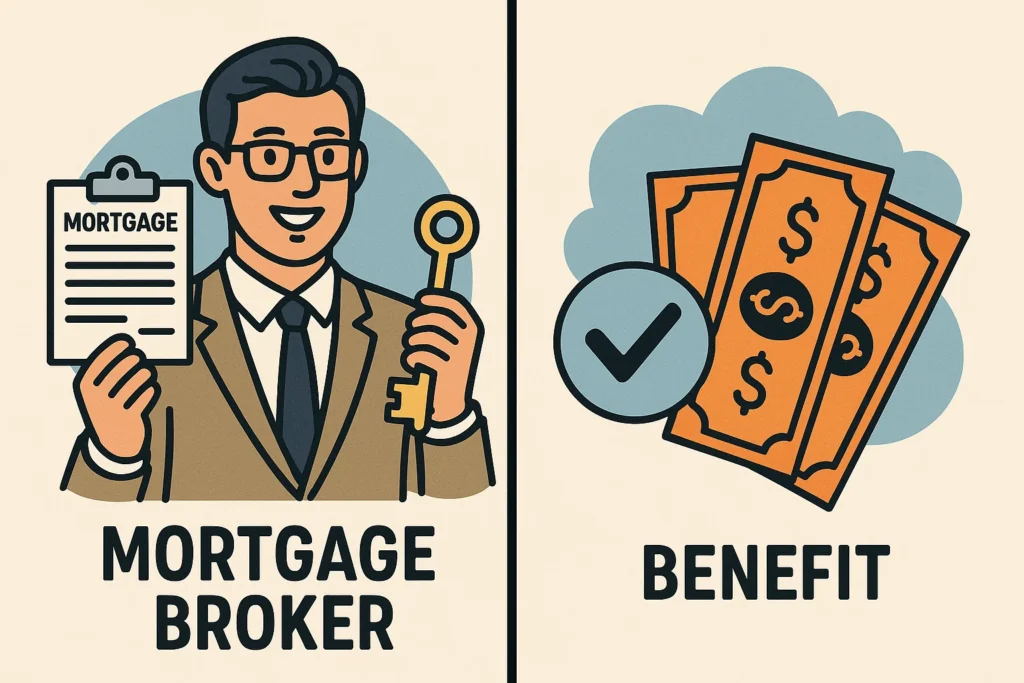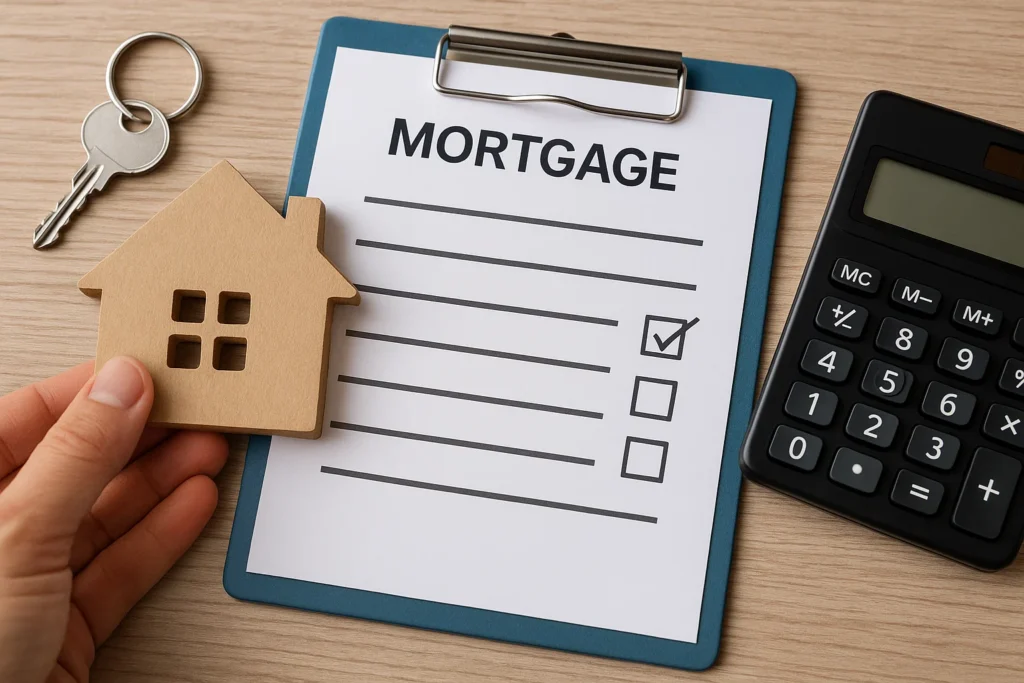Securing a mortgage when you’re self-employed in Australia may seem daunting, but with the right preparation and understanding of lender requirements, it’s entirely feasible.
Here’s how to navigate the process effectively.
Firstly, understand lender criteria.
Lenders want to ensure you can repay the loan.
As a self-employed applicant, you’ll need to provide more comprehensive evidence of your income. This usually means submitting at least two years of personal and business tax returns, financial statements, and your Australian Business Number (ABN). Lenders will look at your income, the length of time you have been in business, and the stability of your earnings.
A consistent income, or one that shows growth, can significantly improve your chances of loan approval.
Next, consider your credit score.
Your credit score is a critical factor in securing a mortgage so keep yours healthy by paying your bills on time, reducing outstanding debts, and avoiding new credit applications before your application.
Having a substantial deposit can also work in your favour. A larger deposit reduces the loan-to-value ratio, which is the percentage of the property’s value that you’re borrowing. Lenders view a lower ratio as less risky, which could lead to more favourable loan terms.
Remember to think beyond the big banks.
Specialist lenders often have more flexible lending criteria for the self-employed. They may be more willing to consider alternative documentation and understand the nuances of self-employed income.
Finally, seek professional advice.
A mortgage broker experienced in helping self-employed clients can provide valuable guidance, compare different loan options, and assist in preparing your application to increase your chances of approval.








